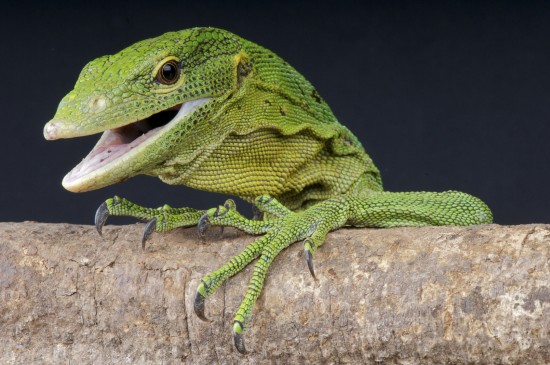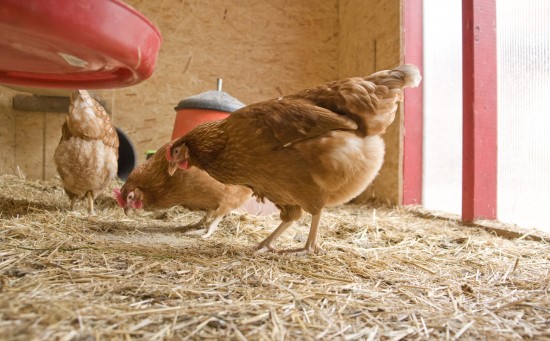
They are loveable little ones and no cat lover ever wants to see the furry friends sick. Unfortunately, it does happen and it can make an owner uneasy and unsure of what to do to help. There are many ...
They are loveable little ones and no cat lover ever wants to see the furry friends sick. Unfortunately, it does happen and it can make an owner uneasy and unsure of what to do to help. There are many illnesses that are very common in cats. Some will require a trip to the vet, while others can simply be dealt with at home. Knowing the warning signs and the forms of treatment of some of these common sicknesses can be very comforting to cat owners. Some Frequently Asked Questions About The Bracco Italiano Dog Breed
Some Frequently Asked Questions About The Bracco Italiano Dog Breed
 Six Subtle Symptoms Of Ill Health In The Dog That Are Easy To Miss
Six Subtle Symptoms Of Ill Health In The Dog That Are Easy To Miss
 Is The Hungarian Vizsla A Good Choice Of Pet?
Is The Hungarian Vizsla A Good Choice Of Pet?
 Keeping Pets Safe Around Electrical Cords
Keeping Pets Safe Around Electrical Cords
 Marketing Your Pet Services at the Next Pet Show
Marketing Your Pet Services at the Next Pet Show
 The Karakachan Dog - A Rare Gentle Giant
The Karakachan Dog - A Rare Gentle Giant
 Green Tree Monitors As Pets
Green Tree Monito
Green Tree Monitors As Pets
Green Tree Monito
 Some Helpful Information For The Owners Of Dogs That Cannot Be Vaccinated
Some Helpful Info
Some Helpful Information For The Owners Of Dogs That Cannot Be Vaccinated
Some Helpful Info
 What Breeds Of Dog Have The Strongest Prey Drive, And Why?
What Breeds Of Do
What Breeds Of Dog Have The Strongest Prey Drive, And Why?
What Breeds Of Do
 How To Deal With Red Mite Problems In Chickens & Their Housing
How To Deal With
How To Deal With Red Mite Problems In Chickens & Their Housing
How To Deal With
 Breeds Of Pheasant
Breeds Of Pheasan
Breeds Of Pheasant
Breeds Of Pheasan
Copyright © 2005-2016 Pet Information All Rights Reserved
Contact us: www162date@outlook.com